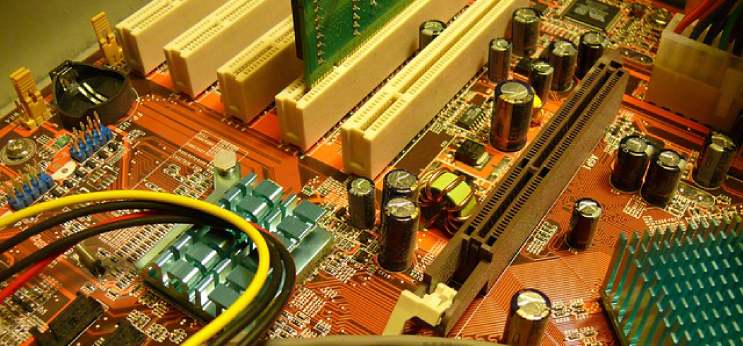When looking out for a Smartphone there are many essential features that we encounter. Most of them such as clock speed of the processor, types of cores, pixels, RAM etc matter a lot but when it comes to comprehending their functionalities we tend to overlook these features because of the technicalities attached to it. These terms are definitely technical and can be little daunting for a layman to understand. But once you understand their basic definition it automatically transforms into a very simple explanation.
One question where we all get confused RAM or Processor?
For ages, one question that has bothered us all is whether the RAM plays an important role or the processor. As said earlier, to understand any technical term we will have to get to their very basic definitions.
Lets Tak about RAM
Starting with RAM, it is a form of storage which can also be called as temporary storage and should not be confused with the internal storage. It comes into play when you are using multiple applications. The bits of data are stored as they wait in line to get processed by the CPU and so the recently visited Apps will be stored in your RAM. You can then easily switch to those Apps whenever you wish to. Your phone’s home screen and system interfaces are always stored in RAM because these are utilized the most in Android phones. Considering this as a constant, you will require a minimum of 500MB or more as RAM, to begin with.
Let’s Talk about Processor
Coming to the processor, two terms that we will have to understand are Processor and Clock speed. A processor is primarily the mastermind or we can say the brain behind all the operations. Earlier there used to be only a single core but now we have dual-core, quad-core, hexa-core, and octa-core processors.
The advantage of having more cores is that the work gets divided faster, hence increasing the ability to perform better. Along with the processor, there are other factors too that decide a smartphone’s performance and that is where clock speed comes into play.
Clock speed is defined by the number of pulses per second generated by an oscillator that sets the tempo for the processor. It is usually represented as a gigahertz value. Generally, a decently working processor must have a clock speed above 1GHz. Anything above this value will work smoothly if you are a gamer, graphic artist or a video editor.
Comparison RAM or Processor?
Now going back to where we started – the comparison between the RAM and the Processor of a smartphone. Both the factors are equally important in making your phone work faster. A good RAM will process all your applications faster-making multitasking an easy and smooth process. On the other hand, a good processor will give speedy operations.
Consider a phone with 2GB RAM and a Quad-core Processor and on the other hand, a phone with 8GB RAM and a Single-Core Processor. Although the latter one has a huge RAM hence making multitasking possible but because it has a single-core processor there will be a consistent lag in the processing of your applications. In the former case, this won’t be a problem because both the factors are balancing each other.
Final Words on RAM or Processor?
In conclusion, a smartphone must have both, RAM and processor in equilibrium. Many brands like Moto, Panasonic and Lenovo have phones with just the right combination and that too in an affordable range. Moto E4 has a Quad-Core Processor priced at INR 9,999/-. Panasonic India Smartphone (Eluga Ray 700) has a 1.3GHz Octa-Core Processor with 3GB RAM priced at INR 9,999/-. Lenovo Phab 2 Plus has a 1.3GHz Octa-Core Processor with 3GB RAM priced at INR 14,999/-.





